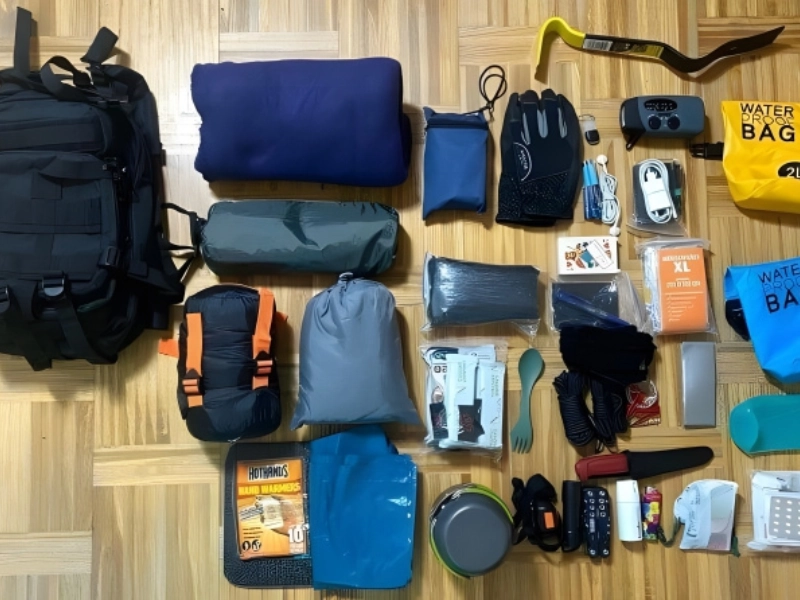Crush It as a Single Lady in the Big City
Advertisement
Always Have an Emergency Plan

Advertisement
Particularly for women living alone, having a well-considered emergency plan is not only a precaution but also a necessary component of personal protection in the uncertain environment of today. Creating and routinely implementing an emergency plan is a vital defence against unanticipated events since it offers a disciplined way to manage emergencies with confidence and effectiveness. For people who live alone especially, this proactive approach is especially important as they might not have instant help from housemates or family at trying times. Developing a thorough emergency plan requires a careful evaluation of possible hazards unique to one's living environment, geographic area, and personal situation followed by the construction of thorough action plans for many emergency scenarios.
Creating a good emergency plan starts with carefully evaluating your living space and way of life for danger. This entails spotting possible hazards including natural disasters like earthquakes, hurricanes, floods, fire risks inside your house, possibility for medical emergencies depending on personal health issues, and security concerns including break-ins or intrusions. Once these hazards are recognised, creating particular, doable preparations for every kind of disaster becomes quite important. In case of a fire, for example, your strategy should provide for many escape routes from every room in your house, a meeting place outside the building, and the location of smoke detectors and fire extinguishers. Create a list of crucial medical information like allergies, drugs, and pre-existing problems for medical emergencies together with the phone numbers of your doctors and closest emergency services.
Any good emergency plan revolves around communication in major part. Share your plan with reputable neighbours, close friends, and family members—among other trusted connections. These people should know about your living circumstances and be ready to act as points of contact or help should an emergency strike. Give them pertinent information including extra keys, alarm codes (if applicable), and any particular instructions pertaining to your house or personal needs. Create an emergency communication system as well, including backup lines of contact should main channels of communication be interrupted. This could entail assigning an out-of-area contact who can operate as a focal point of information amid broad crises when local communication systems could be taxed.
The efficiency of your emergency plan depends much on regular review and practice of it. At least twice a year, set aside time to review your strategy, update any out-of-date data, and make sure every component still makes sense and is realistic. Practise exercises for several situations, including putting oneself in a secure room during an intrusion or fleeing your house in should a fire strike. These practice sessions not only familiarise you with the techniques but also point up any possible flaws or enhancements your strategy requires. Your emergency plan should be modified when your life changes—that is, as you relocate to a new place, acquire new health issues, or change your support system. Maintaining a current and well-practiced emergency plan not only helps you to be ready to manage crises but also empowers and controls your own safety, which is priceless for women living alone.
Advertisement
You May Like

